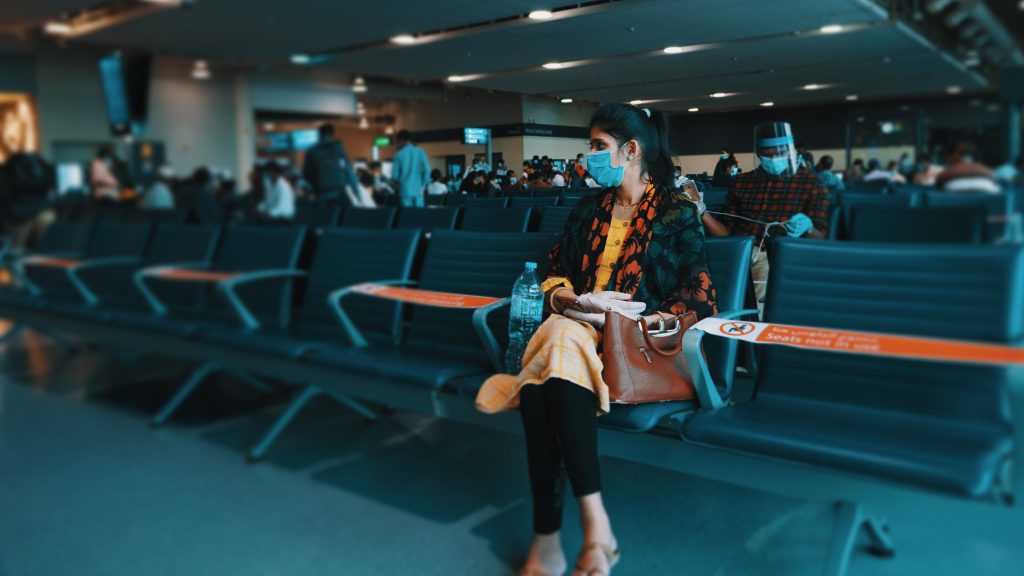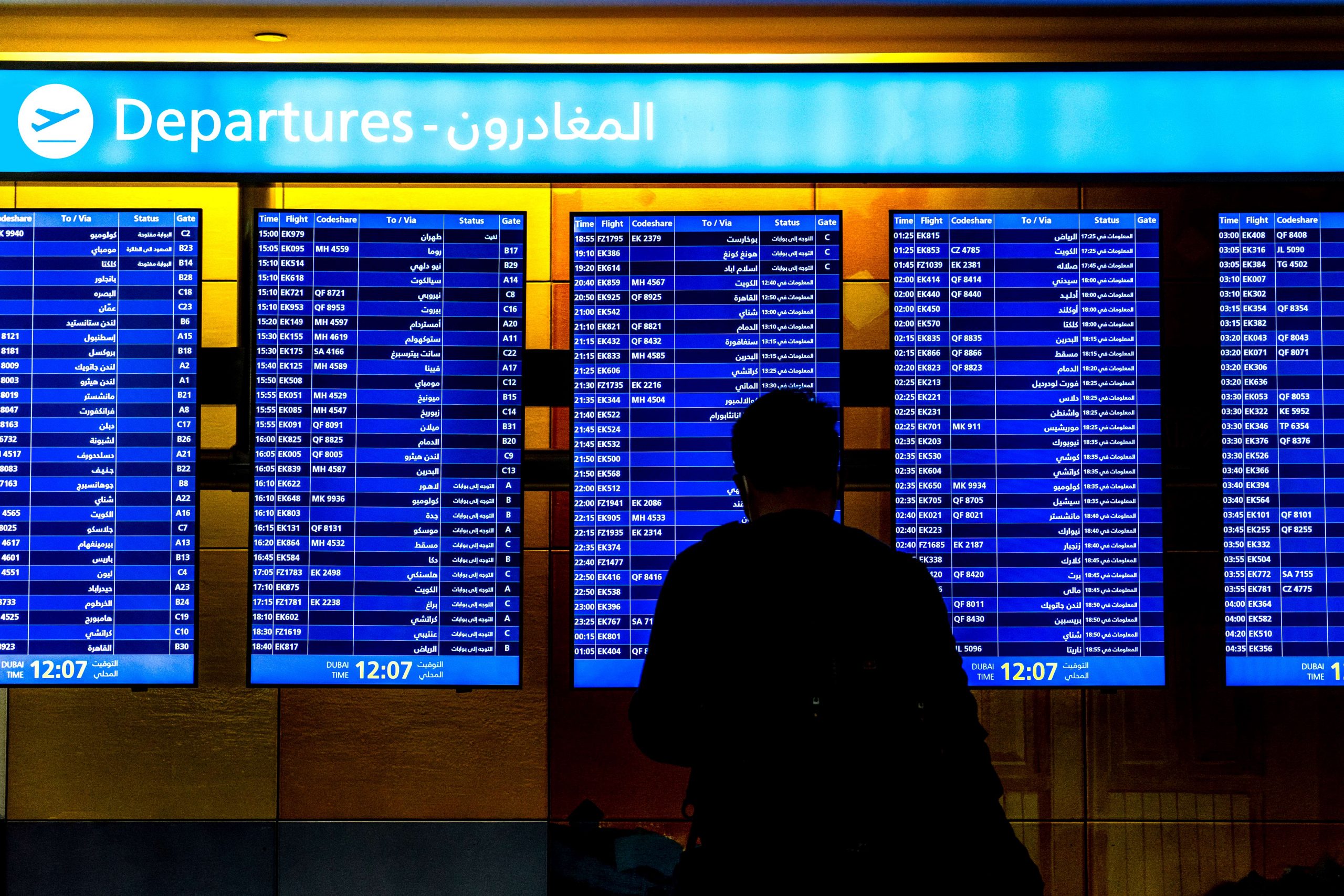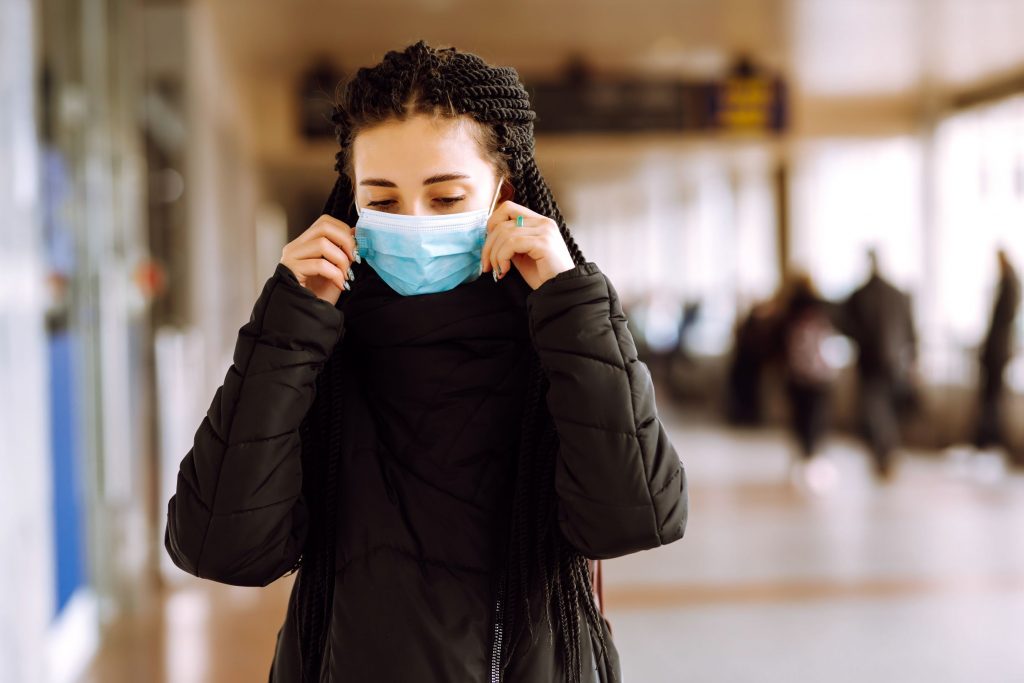
Arguably, it is not unknown to anyone how the Coronavirus pandemic has stunned the world. As it grew into a global health crisis, our normal lifestyle and routine changed. Travelling from one place to another was never this risky before. However, we cannot forget Albert Einstein’s quote that says, “Life is like riding a bicycle. To keep your balance, you must keep moving”. The United Arab Emirates (UAE), like many other countries, is trying to cope with the situation by letting go of our old normal and now settling into what seems to be our new normal.
This year March, the UAE closed its borders to everyone but the returning Emiratis citizens and residents, as an attempt to prevent the spread of the deadly Coronavirus. However, the National Emergency Crisis and Disaster Management Authority (NCEMA) announced new guidelines. This guideline permits the residents to travel abroad to certain destinations from June 23rd onwards.
A system was introduced in which countries were categorized into low, medium, and high risk. This system allows citizens and residents to travel to low-risk nations. For emergency cases, the system allows some Emiratis to travel to medium-risk nations; such as medical issues, military or diplomatic missions, etc. Nevertheless, travelers must obey these general guidelines and travel requirements no matter what country they are travelling to.

A brief overview of the guideline and restrictions
- All the travelers will have to undergo a PCR test (Polymerase chain reaction test) upon arrival at airports.
- A person tested positive for Covid-19 has to be in quarantine for 14 days. During this period, they will be bearing the cost of treatment and isolation.
- When citizens travel to any foreign destinations, it will be their responsibility for their actions – to know about the COVID-19 situation of their destination and to take care of their health, observing if the symptoms occur.
- Tourists from other countries can show their PCR test results upon their arrival or carry out a test at airports. However, the test must have been done within 96 hours before the arrival. They listed some countries – Afghanistan, Egypt, India, Bangladesh, Pakistan, Iran, USA, Philippines, Russian Federation, and Tanzania – and the passengers from these countries must carry a COVID-19 negative certificate issued by a local government approved laboratory. The airport can also approve a certificate from a UAE government-designated library.
Looking to buy, rent, or let property in the UAE? Read more here.

- The country will not prevent people above the age of 70 and those who are suffering from chronic diseases from travelling, but strongly discourages this behavior.
- Precautions such as wearing masks and maintaining social distancing rules are mandatory in public while traveling. If travelers do not follow this rule, it can lead to a heavy fine of Dh3,000 or above.
- The NCEMA has issued some guidelines around traveling in a vehicle as well. The guideline only allows a maximum of three people to travel in a car at once if they are not from the same family.
When there is more than one person in a car, masks must be worn at all times. There needs to be a gap of two empty seats between passengers for bigger or commercial vehicles. This gap should be ensured by the company as per NCEMA’s guidelines.
- Before traveling, it is mandatory for the traveler to disclose symptoms if they have any. For this, you have to fill a form provided by the airlines.
- While they are abroad, the citizens must notify UAE embassies if they are infected with COVID-19.



